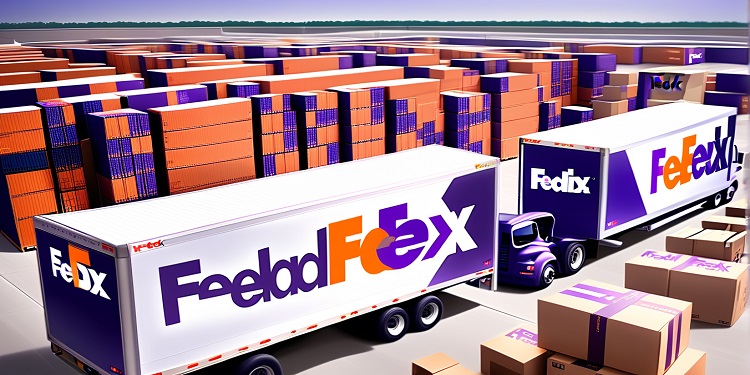Morocco is preparing to implement a comprehensive legal framework for cryptocurrencies and blockchain technology, marking a major step toward digital transformation. The initiative forms part of the country’s broader strategy to modernize its financial system while positioning itself as a regional leader in digital assets. The upcoming regulations aim to address cryptocurrency use, trading, and development while ensuring alignment with international financial transaction standards.
Over recent years, Moroccan authorities have been assessing the potential of blockchain and cryptocurrencies. The country’s central bank, Bank Al-Maghrib, alongside other financial regulators, has been actively working to create a safe and sustainable environment for digital assets. Although cryptocurrencies remain unregulated in Morocco, officials acknowledge the importance of establishing a clear legal structure to harness opportunities and mitigate challenges arising in the digital economy.
Key Focus Areas of the Legal Framework
The proposed regulatory framework, expected to be unveiled in early 2025, will focus on several core aspects. These include overseeing cryptocurrency transactions, fostering blockchain-based services, and delivering legal clarity for crypto-related businesses. Specific areas of focus are anticipated to involve anti-money laundering (AML) measures, combating the financing of terrorism (CFT), and taxation policies related to digital assets.
By introducing clear regulations, Morocco aims to unlock economic opportunities and attract international investors and crypto businesses. Such an initiative aligns with the country’s goals to establish itself as a hub for fintech and digital innovation across Africa. A regulated environment is expected to create more confidence among stakeholders, paving the way for broader adoption of blockchain technology.
In addition, the regulated use of cryptocurrencies may address the needs of Moroccan expatriates by offering efficient and cost-effective solutions for remittances. With millions of Moroccans living abroad, cryptocurrencies could provide faster and cheaper alternatives for cross-border money transfers, reducing fees and enhancing accessibility. This, in turn, has the potential to promote greater financial inclusion and create new economic opportunities for citizens.
Addressing Challenges and Risks
Despite the promising outlook, Morocco will face several challenges in its pursuit of cryptocurrency regulation. A major concern lies in the inherent volatility of digital assets. Cryptocurrencies like Bitcoin and Ethereum are known for their unpredictable price swings, posing risks for both consumers and investors. To address these issues, Moroccan regulators will need to implement safeguards that protect users from financial instability while promoting a stable market environment.
The country will also need to invest in robust infrastructure to support the growth of its blockchain and cryptocurrency sectors. Efforts will include improving cybersecurity systems, developing a skilled workforce, and fostering stronger collaboration between public and private stakeholders. Ensuring that the legal framework aligns with international standards and best practices, particularly in areas such as data privacy and financial regulations, will also be essential for the initiative’s success.
Morocco’s Position in the Global and Regional Context
Morocco’s decision reflects a growing trend among African nations to regulate digital currencies. Countries like Nigeria and South Africa have already made progress in integrating cryptocurrency into their economies, while others continue to adopt a more cautious stance. Morocco’s approach is likely to draw comparisons with existing models and could serve as a blueprint for other North African nations looking to establish regulatory clarity.
Globally, attitudes toward cryptocurrency regulation remain diverse. Some countries, such as El Salvador, have embraced digital assets like Bitcoin as legal tender, while others, like China, have imposed strict prohibitions on crypto trading. Morocco’s regulatory strategy is expected to strike a balance between fostering innovation and protecting consumers, aligning with international trends to encourage responsible adoption of blockchain technologies.
With the introduction of this legal framework, Morocco is set to redefine its role in the digital financial ecosystem. By combining innovation with regulation, the country has the opportunity to create a sustainable and secure environment for blockchain technology and cryptocurrencies, further strengthening its position as a leader in the region’s digital economy.









